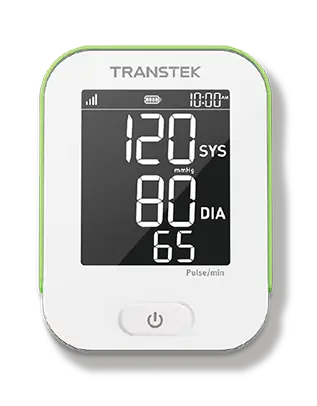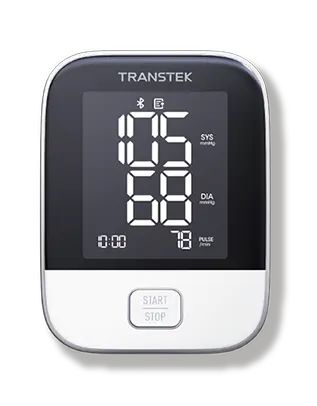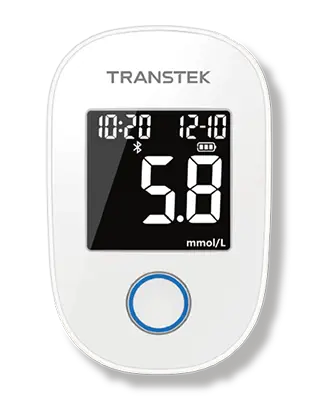
It has been proved that communication between patients and doctors is crucial for rehabilitation. Remote patient monitoring devices build trust and transparency, which enables users to have a deeper understanding of the treatment and better control their care plan.
Benefits of remote patient monitoring include reducing readmission rates in emergency rooms, hospitals, and care institutions. When patients do not have to go back and forth to the facility, they save some time and energy for rehabilitation.
Internet healthcare is essential for managing the disabled, the chronically ill or the elderly population with limited mobility. It enables many people to live at home, regain control of their lives and fully participate in their care. RPM devices can reduce the times these people need to be hospitalized, or at least shorten their stay in the hospital. It makes disease management and home care more efficient and effective.
During a pandemic in which more beds are urgently needed, it is more important than ever to monitor patients without direct contact. There is no doubt that communication and data sharing improve the quality of care and life of patients, while reducing the cost of various health care organizations. Artificial intelligence and monitoring technology are important partners for health systems.
Blood Pressure Monitor: The accessible inflatable cuff is filled with air to squeeze your arm, and then automatically calculate the heart rate and blood flow by measuring the change of arterial motion during deflation. Some blood pressure monitors require multiple readings to report daily averages. Home monitoring can help early diagnosis of diseases such as diabetes or renal dysfunction that lead to hypertension. It can also reduce the stress of health care.
Smart body weight scales: For patients who manage congestive heart failure, an increase of only 2 or 3 pounds may be a sign of increased fluid retention. When clinicians receive this information on their remote patient monitoring devices, they can take a quick action. For example, prescribing diuretics, increasing the current drug dose, or calling the patient for treatment.
Obesity will lead to heart disease, stroke, type 2 diabetes and some forms of cancer. Regular weighing is crucial for this patient group, and smart body weight scales make this task easier and more efficient. Losing weight too quickly might be a symptom of some diseases, so reporting weight data to medical workers is helpful for key diagnosis.
+86-0760-85702291







